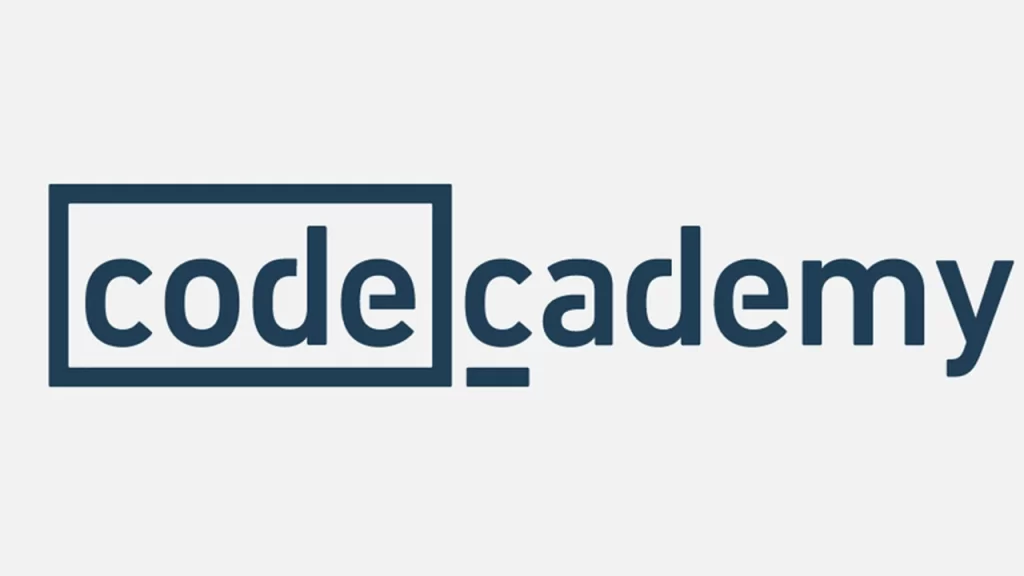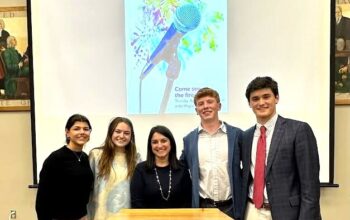Cece Easley, Arts & Tech Editor
@virginiaeas
In the next ten years, the computer science industry is predicted to grow by 15%, creating 682,000 new jobs. From students who are learning the basics of coding, to students who plan to pursue a career in computer science, classes are offered in three separate courses, ranging in difficulty and experience levels.
Senior Owen Hunter has been in computer science classes for three years, working to expand his skills in classes taught by computer science teacher Rachel Digioia. “This year, and in past years, I’ve learned how to code in Java and Javascript and create different projects with those,” he said. “I have made an automated Mad Libs game, a navigation system, and the game battleship.”
Javascript is written in text and is then interpreted, whereas Java is compiled, meaning that it needs to be converted in order to transform from a code readable by people to one readable by a computer. “In AP Computer Science Principles we use Javascript and in AP Computer Science A we use Java,” Owen said. “I have also learned Python and C++. I find that Javascript is the easiest to learn but C++ is less limiting and allows you to do more.”
In class, students explore coding and learn the important language of the computer to then apply their knowledge in the outside world. Owen will be attending the University of Virginia in the fall which offers a computer science major, and a variety of courses exploring technology. “I’m planning to continue studying computer science in college to pursue a career in cybersecurity,” said Owen. “I’ve used what I have learned in computer science outside of school to automatically track basketball stats and block ads on my computer. It is very useful for making everyday life easier.”
“It’s important to challenge myself and try to make my coding the best it can be.”
Owen hunter ’23
Owen is a teacher’s assistant in computer science, a position he earned through his continued participation and interest in computer science classes. “My main role as a TA is to help out the class, whether that is through helping other students with their coding, or explaining concepts to them, or running the class when Ms. DiGioia is absent for a class,” Owen said.
According to Owen, the class environment is very focused and encouraging. Many students are pursuing the course with a plan to study computer science in college, or have just taken an interest in learning it as a hobby. “Being a teacher’s assistant has been a great experience, but I am still learning in the classroom and trying new things with my classmates,” Owen said. “It’s important to challenge myself and try to make my coding the best it can be.”
Newer students find equal use out of learning computer languages as they work alongside more experienced computer science students. “This year already I’ve learned a lot. Right now we are working on a unit for writing classes. I’ve also created constructors, learned to ask for a user’s input, coded loops, and currently creating whole classes of code that function for unique prompts,” said senior, Julia Paine.
Many rapidly growing jobs depend on computer science efficiency, including software and web development, artificial intelligence engineering, and computer hardware engineering. Julia decided to start her first year in the class and plans to pursue an engineering career which relies on computer science knowledge.
Although Julia hasn’t begun coding independently, the class has already influenced her perception of the technology around her. “I think it is cool to understand how everyday devices like laptops and phones work,” she said. “Whenever I click on an app or a website I am more aware of the coding that went into building the program, and I can appreciate the details.”
Julia’s experience in the class this year has resulted in a lot of useful growth and learning, through various class and homework assignments. “The most recent project we did was creating code that would rate reviews based on how positive they were, and produce a score,” she said. “For example, if a restaurant review was very positive it would have a score of 20, and if it was a bad review it would have a negative score.”

Looking to enhance your coding and technology skills? Try out Code Academy to learn the basics and Free Code Camp to practice challenges and building projects. Both are free and for beginners.
Following Python, Java is the second most popular programming language. It is used in making apps in computers, games, and cell phones. Companies like Spotify, Netflix and Uber all use Java in their apps. “Java is the only coding language I have experienced, and I think that it is difficult because it is like learning any new language,” said Julia. “You have to remember what each word means and how to use them together to process code correctly.”
The smallest errors can prevent a code from running, students must be precise when writing their codes. “I am a newer student in computer science, so I’m adjusting to writing without errors. It’s a process of writing the code, then combing through to make sure everything works and is perfect,” Julia said. “This often takes time, effort and practice, because the work needs to have no mistakes.”
Julia will be attending the University of Pennsylvania in the fall, where she will incorporate technology and computer science classes into her course load. “In the future, learning programming and different computer languages will be valuable in my career. There’s so much projected growth in those industries in the next decade and beyond,” Julia said. “Getting a head start on my learning on the topic through classes in high school will be advantageous heading into college.”




